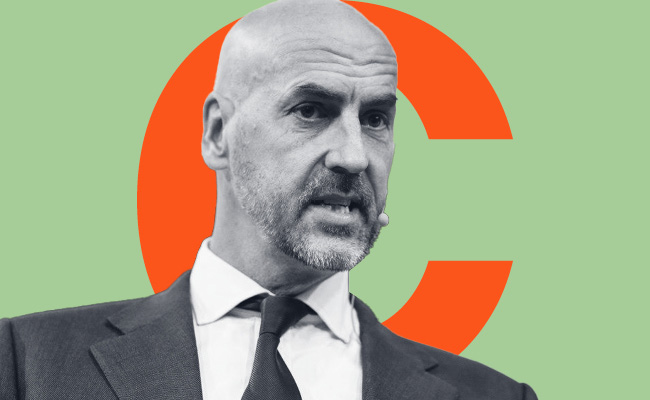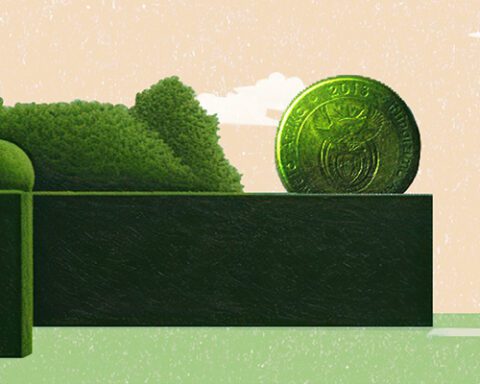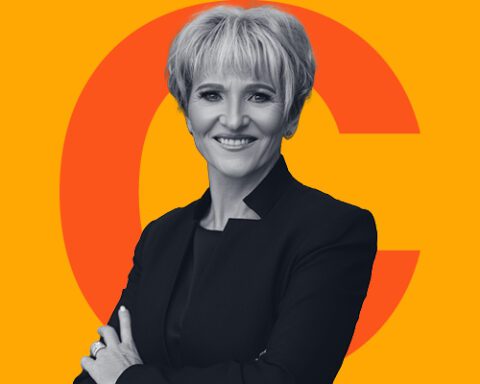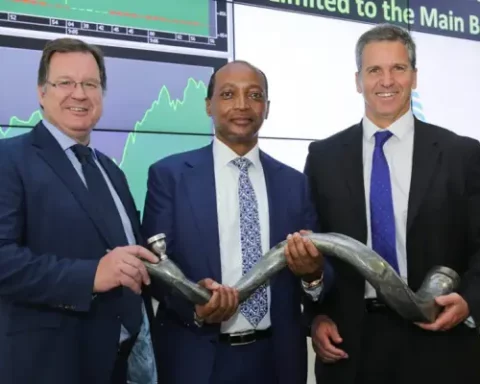Meet York Zucchi: a Swiss-born investor and entrepreneur who describes himself as the “chief coffee drinker” of The StartUp Tribe, an organisation he set up to grow African SMEs. Here he opens up about his personal lessons and the financial philosophies that have shaped his career.
What key financial principles do you prioritise in your personal life and why?
A lot of the financial principles I live by today are a result of having made just about every mistake that I warn others of. Maybe part of the strength of a principle is that you have to have personally tasted what the lack of adhering to that means in order to truly want to stick to it.
So here are my principles in no particular order:
- Know the difference between wants and needs. Most of what you “want” is often a result of a lot of marketing spend leading you to think you need it.
- Learn to live a life of experiences and not possessions. All my wife and I own fits into four suitcases and we absolutely love it.
- Know what is enough. Do you really need a big house with extra rooms for the occasional visit by relatives? Bigger houses cost more money, not just to buy but also to finance, maintain, insure, secure and furnish. Just because you can afford it doesn’t mean it is a good idea. But … and this is big but … see the next point:
- Put the money you save from not listening to your wants into an investment account that you cannot touch. Maybe it is as little as 2% of everything you earn … something small enough that you barely notice it. But over time that little bucket fills up exponentially. Invest automatically in something like an ETF. Bring a good dose of scepticism around products that your bank is trying to offer you (generally they push products that have a lot of commission on them, which means they are taking away from your future returns).
- Monitor your daily expenses. Use a free app like Monefy or many similar ones to track what you spend for the bus, your coffee etc. The idea isn’t necessarily for you to stop spending but to be aware of how much you realistically spend on wants.
How do you balance your personal financial goals with the financial demands of running a business?
I have been in business for some 33 years (roughly half in large companies around the world and half in starting various businesses, some successful and some not). In the beginning of your start-up journey you are prone to use all your savings to invest in your idea, and your finances are horrendously messy. It happens to all of us. As you grow wiser, you start realising that you and your business are two separate entities run by a common friend, so it is important to keep them separate.
If you were not in your current role, what company would you work for in a heartbeat?
Probably Unjani Clinics (an organisation that helps nurses to own their own local health-care clinics) or Shonaquip Social Enterprise (an organisation that builds wheelchairs for some of the most rural areas in Africa). These two organisations are revolutionising the world far away from the media spotlight. I think too many people are blinded by the big lights of well-known companies.
What advice would you give to young professionals about building wealth and managing their finances?
I have four pieces of advice for younger friends reading this today.
- Read The Millionaire Next Door. It’s a book about what true wealth is like and is beautifully captured by the question of who is richer: the person earning R1m but spending R1m or the person earning R100,000 but spending R70,000? Once you understand this, you will change your outlook on wealth and showing off. True wealth is rarely seen and is built up not by big lucky breaks but by small acts of consistent behaviour.
- Learn to dismiss those who show off their money. It is embarrassing and often fake. Real wealth is powerful and discreet. If you have – and compliments to you – made a lot of money, then instead of wasting it on superficial stuff, why not open an orphanage or invest it in supporting a homeless organisation or paying the salaries of a small podcasting station in a rural area?
- Figure out what you are good at.
- The journey towards success is built on the back of lots of tiny – almost difficult to see – steps. Take each step seriously, do your work – even if it is packing shelves at a supermarket. Be like Muhammad Ali when he famously quipped that if he was a rubbish collector, he would work hard to become the world’s best rubbish collector. Life is an attitude. What is yours?
What is your retirement plan?
My plan isn’t to retire but to figure out what I can do to keep earning at different stages in life and different energy levels. There is an 85-year-old lady next door who every day goes to work for three hours in a store where she worked for many years, and they love her as it allows the other staff to do stock taking and the like while she looks after customers. Having said that, I do put money aside and have a very modest lifestyle, living in a place that costs little money and would not impress too much (it is beautiful and everything Tamar and I could possibly want, but it won’t be featured in a glossy magazine any time soon).
If money could talk, what would it say about your spending habits?
If my money could talk it would tear its hair out at how I used to give it away (invitations, free loans, helping others) until I almost had none of it for myself. I was never a fancy item buyer, but over the years I have learnt to put more and more of it out of reach so that I do not even see it. Today my money would pat me on the back and say “you could have done better, but well done on finding your path and learning to deal with the topic better”.
What’s the most extravagant purchase you’ve made, and do you still think it was worth it?
Since I was little I had a sense of what is real value versus perceived, show-off value. Having said that, I have made some stupid ones (buying a business-class ticket on a plane is perhaps one of the surest ways to show the world you do not understand money).
We made some bad mistakes in real estate (don’t ever trust a real estate project to be built on budget and on time) that almost sank us. But these are normal mistakes rather than extravagant.
The silliest mistake I made when I started my businesses was to rent a nice office, thinking I needed to show that I am successful and have a nice office. It was nice for the ego and that’s about it. The cost was ridiculous and just made me have to work even harder to pay the bills.
If you could give your younger self one piece of financial advice, what would it be – and would you actually listen?
If I could tell myself something it would be this: keep the money far away and hidden from you. A few cents each month into an investment account that you don’t see will be a lot of money 30 years from now. Work on this as your stability plan and not on lucky breaks. But it is not too late to start, regardless of your age! Go and open an investment account now and start putting money away.
What’s a financial trend that you think is totally overrated, and why?
Cryptocurrencies. To be absolutely clear: I am invested in them (about 5% of my savings) and absolutely love the potential these tools have to create a more equitable world. But right now, for the most part, these are wildly speculative investments. If you believe so much in a particular crypto coin, invest in the company behind the coin! Long-term bets are made by investing in the producer and not the production.
What legacy do you hope to leave in terms of financial literacy and empowerment for future generations?
About four years ago, we started a project by mistake. Today that mistake is the official online academy of 451 cities and organisations in more than 27 countries, empowering cities, municipalities, companies and organisations to help millions of people each day access short, practical education that will help them in life, work and at home.
We created an online academy that has no ads, no subscriptions and is free of any commercial angle so that a person can access real, practical, world-class knowledge. That’s our contribution towards making the world a better place and seeing how this knowledge is helping people is one of the best feelings in the world.
ALSO READ:
Sign up to Currency’s weekly newsletters to receive your own bulletin of weekday news and weekend treats. Register here.










